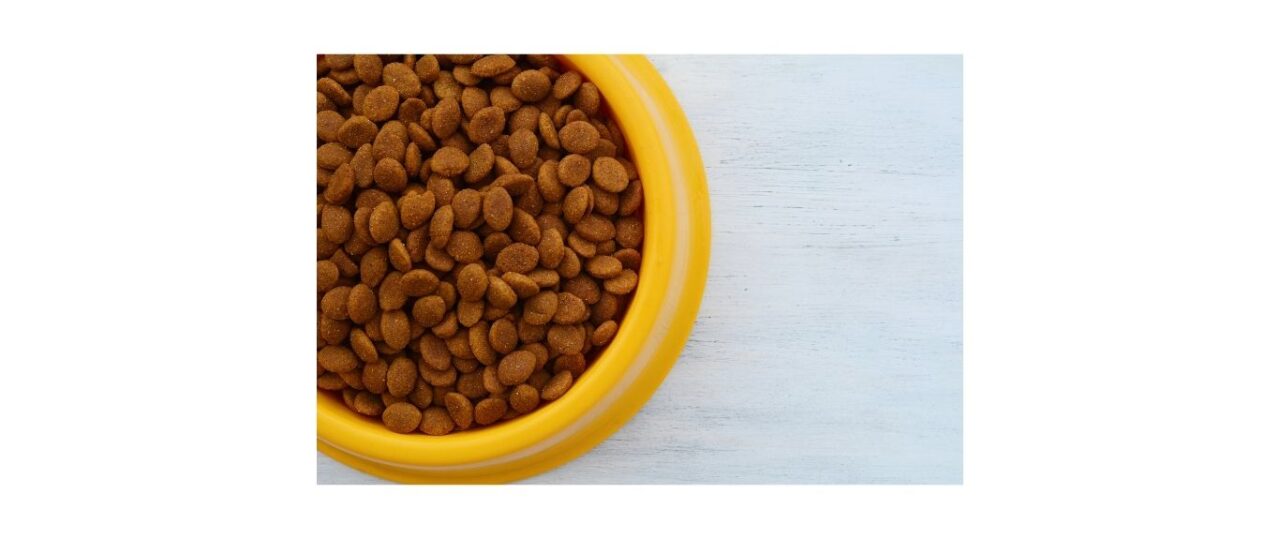When your furry friend is dealing with a skin irritation, finding the right skin treatments can bring much-needed relief. As a veterinarian, I’m here to guide you through some common and effective strategies to soothe your dog’s sensitive skin, curb itchiness, and prevent potential infections. A well-rounded treatment plan not only improves your dog’s comfort but also ensures their overall well-being.
1. Make sure your dog is up to date with parasite control

Fleas are notorious culprits for causing itchiness in dogs. Ensuring your pet is up to date with a reliable flea control regimen is crucial. Flea allergy dermatitis, triggered by just one flea bite, can lead to severe itchiness. Opt for modern flea preventatives like Bravecto, Nexgard, or Simparica, and steer clear of older, less effective options like powders or shampoos.
2. Medication to control the itch
Addressing itchiness is a fundamental step in treating skin irritation. Your veterinarian will assess your dog and may recommend tablets or injections to alleviate itchiness. Specialized immunotherapy provided by veterinary dermatologists can also help desensitize your dog to allergens, reducing itchiness. Prescription lotions and sprays offer relief for inflamed skin, calming irritation.
3. Embrace Medicated Shampoos and Conditioners
For yeast or bacterial infections, medicated shampoos like PAW Mediderm or Malaseb are invaluable. These formulations possess antibacterial and antifungal properties, effectively targeting the root cause. These shampoos can also help remove allergens from the coat. Utilize pet-specific shampoos to maintain the skin’s pH balance, and opt for oatmeal-based or natural moisturizing options for soothing results.
4. Strengthen with Skin Supplements
Skin supplements containing omega oils bring anti-inflammatory benefits. Available in oral or topical forms, these supplements bolster the skin barrier, hastening healing and reducing reactions. Antioxidants and prebiotic fibers often found in these supplements reduce inflammation and enhance immunity, benefiting both skin health and overall well-being.
5. Food

Incorporating omega-3 and omega-6 fatty acids, such as EPA and DHA, into your dog’s diet can enhance the skin’s barrier function and alleviate itching. Fish-based diets, particularly those containing salmon, offer high levels of these fatty acids. Strengthened skin barriers can mitigate allergic responses and inflammation. In cases of diagnosed food allergies, hydrolyzed protein or novel protein diets are recommended.
6. Grooming
Regular grooming plays a pivotal role in preventing skin issues. Daily brushing curbs matting and loose hair while distributing natural oils for healthy skin. Non-shedding breeds benefit from clipping to prevent knots and matting. Grooming sessions also allow you to examine the skin for any changes, lumps, or bumps.
Conclusion:
The journey to relieving skin irritation involves a multifaceted approach. Collaborating with your veterinarian is essential for tailored advice. At-home solutions like shampoos, supplements, and diet adjustments work in tandem with veterinary guidance. Strengthening the skin barrier empowers your dog to better resist allergens and inflammation.
Dealing with skin irritation in dogs requires a comprehensive strategy that combines veterinary expertise and at-home care. Prioritize parasite control, manage itchiness with medication, utilize medicated shampoos, strengthen with supplements, opt for a skin-friendly diet, embrace grooming practices, and remember that collaboration with your veterinarian is key. By taking a holistic approach, you can offer your furry companion the comfort and relief they deserve.
Things to Keep in Mind: When it comes to pet insurance, there are a few things you should know. While it generally covers diagnosing, treating, and managing skin conditions, there might be some exclusions. For instance, prescription food, supplements, and grooming supplies might not be covered. Even certain specialised shampoos and conditioners could fall under these exclusions.

